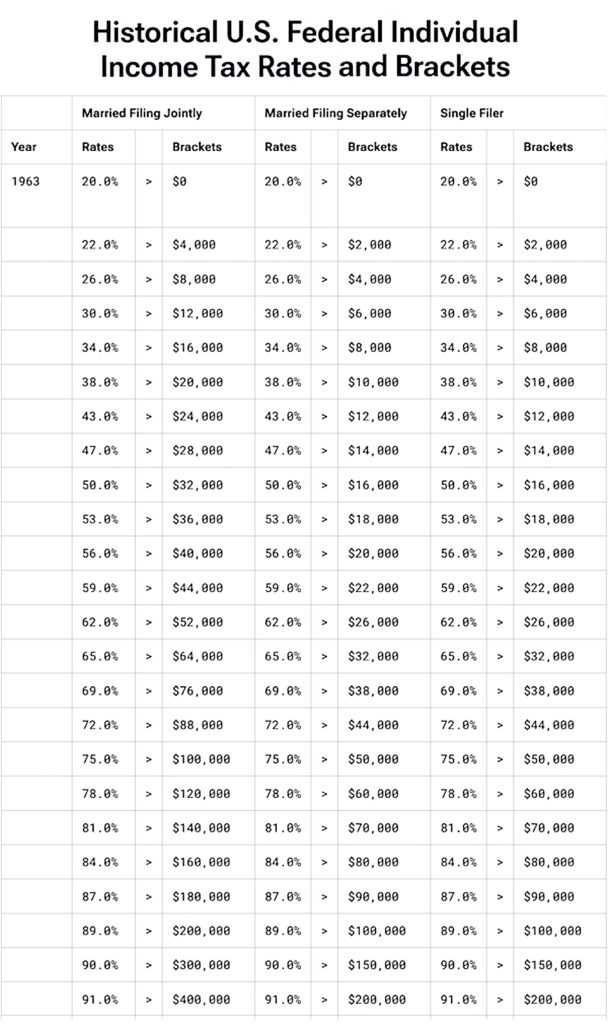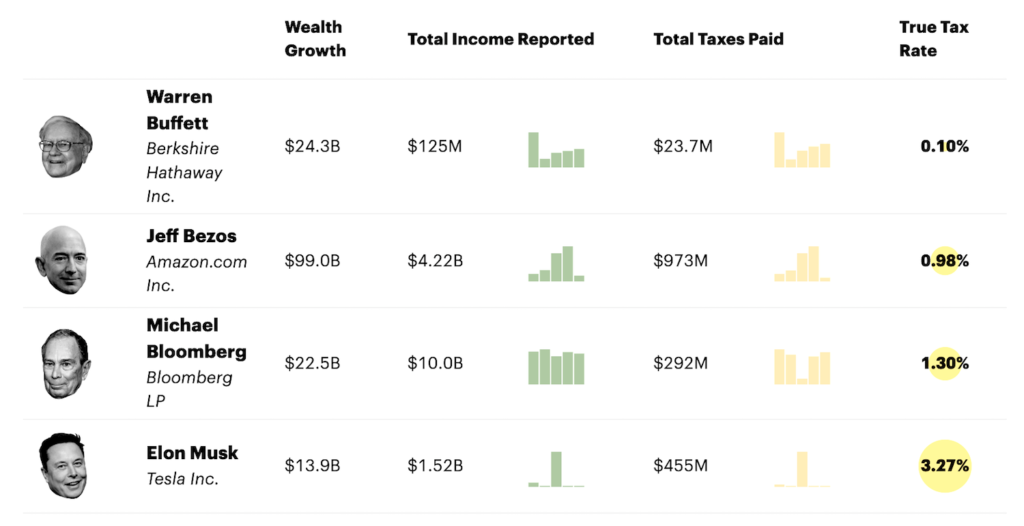On May 7, the AP headlined “House GOP backing off some Medicaid cuts as report shows millions of people would lose health care,” and reported:
House Republicans appear to be backing off some, but not all, of the steep reductions to the Medicaid program as part of their big tax breaks bill, as they run into resistance from more centrist GOP lawmakers opposed to ending nearly-free health care coverage for their constituents back home.
This is as a new report out Wednesday from the nonpartisan Congressional Budget Office estimated that millions of Americans would lose Medicaid coverage under the various proposals being circulated by Republicans as cost-saving measures. House Republicans are scrounging to come up with as much as $1.5 trillion in cuts across federal government health, food stamp and other programs, to offset the revenue lost for some $4.5 trillion in tax breaks.
“Under each of those options, Medicaid enrollment would decrease and the number of people without health insurance would increase,” the CBO report said.
The Republican President Donald Trump presented to Congress on May 2 his proposed federal budget for 2026.
On May 2nd the U.S. White House — which has made clear that it’s beating the drums for war against China — headlined “Office of Management and Budget Releases the President’s Fiscal Year 2026 Skinny Budget” and reported that “The Budget, which reduces non-defense discretionary by $163 billion or 23 percent from the 2025 enacted level, guts a weaponized deep state while providing historic increases for defense and border security. … Defense spending would increase by 13 percent, and appropriations for the Department of Homeland Security would increase by nearly 65 percent, to ensure that our military and other agencies repelling the invasion of our border have the resources they need to complete the mission.” His budget “guts a weaponized deep state while providing historic increases for defense and border security,” and health care for the poor is part of that “weaponized deep state” he is referring to, which Republicans say must be cut in order to provide these “historic increases for defense and border security.”
All of those increases would go towards paying the suppliers (such as Lockheed Martin, Raytheon, etc.) to the enormously militarized police-state, at the very same time that the health, education, and welfare, of the voters, will be reduced by $165 billion or 23% below the current level.
Here are some more details regarding what that “weaponized deep state” (to use the White House’s phrase for it) consists of:
The White House’s May 2 “Major Discretionary Funding Changes” says that:
For Defense spending [ONLY the Defense Department, NOT including the approximately $700 billion yearly of annual U.S. military spending that is being paid out from OTHER federal Departments], the President proposes an increase of 13 percent to $1.01 trillion for FY 2026; for Homeland Security, the Budget commits a historic $175 billion investment to, at long last, fully secure our border. Under the proposal, a portion of these increases — at least $325 billion assumed in the budget resolution recently agreed to by the Congress — would be provided through reconciliation, to ensure that our military and other agencies repelling the invasion of our border have the resources needed to complete the mission. This mandatory supplement to discretionary spending would enable the Departments of Defense and Homeland Security, among others, to clean up the mess President Trump inherited from the prior administration and harden the border and other defenses to protect America from foreign invasion.
Therefore, approximately $1.7T of total military spending is being sought by Trump (including the 13% increase to the Defense Department), while he is proposing to cut all other discretionary spending (which had previously constituted the other 47% of all U.S. Government annually appropriated federal spending (and which was previously around $800B per year) to be cut down now by $165B to around $635B total, or about 37% of all annually appropriated federal spending. Only the +13% for the Pentagon, and the +65% for the Department of Homeland Security, are increased, while everything else is getting cut drastically in order to make those increases possible.
 So, while around $1.7T will be going to the military, only around $635B will be going to pay all of the other discretionary spending (including any non-military portion of the DHS). That will cut the percentage of the Government’s discretionary spending on non-military purposes down from its prior approximately 47% of the federal budget, down to approximately 37% of all of the Government’s discretionary spending.
So, while around $1.7T will be going to the military, only around $635B will be going to pay all of the other discretionary spending (including any non-military portion of the DHS). That will cut the percentage of the Government’s discretionary spending on non-military purposes down from its prior approximately 47% of the federal budget, down to approximately 37% of all of the Government’s discretionary spending.
Medicaid — health care to the poor — is on their chopping block so that the Defense Department portion of that $1.7T military cost that the U.S. Government will be paying in 2026 will be increased by 13% (and so that any non-military portion of the 65% increase to the DHS will also be paid).
Looking further at WHAT is being cut the most, the White House document shows that the only part of the Department of Education that will be increased — by $60 million — is “Charter Schools,” the part that privatizes public-school education, which is the part that billionaires want to increase (since their hedge funds etc. will be owning much of it). Meanwhile, Title 1 and K-12 federal spending will be reduced by $4.535 billion; and the program to incentivize colleges to “to engage with low-income students and increase access” will be cut by $1.579 B.
The Department of Health and Human Services will cut $4.035 from the Low Income Home Energy Assistance Program (LIHEAP), $1.970B from the Refugee and Unaccompanied Alien Children Program, $1.732B from AIDS and financial-assistance health programs, $3.588B from CDC and Prevention programs, $17.965B from NIH, $1.065B from programs working with addicts to help them reduce their addictions.
The Environmental Protection Agency will be cut $2.460B for Clean and Drinking Water State Revolving Loan Funds, and under a billion dollars each for such programs as the Hazardous Substance Superfund.
The Department of Housing and Urban Development will be cut by $26.718B that goes to programs for the poor.
The Treasury Department will be cut by $2.488B for the IRS.
The National Science Foundation will be cut by $3.479B and by an additional $1.130B for “Broadening Participation.”
Most of the other cuts will be below a billion dollars.
Are these massive reallocations away from programs to the needy (and from some other areas such as scientific research), into instead the military and border security, reflections of the public’s will in a democracy?
On February 26, I reported that:
On February 14, the AP headlined “Where US adults think the government is spending too much, according to AP-NORC polling,” and listed in rank-order according to the opposite (“spending too little”) the following 8 Government functions: 1. Social Security; 2. Medicare; 3. Education; 4. Assistance to the poor; 5. Medicaid; 6. Border security; 7. Federal law enforcement; 8. The Military. That’s right: the American public (and by an overwhelming margin) are THE LEAST SUPPORTIVE of spending more money on the military, and the MOST SUPPORTIVE of spending more money on Social Security, Medicare, Education, Assistance to the poor, and Medicaid (the five functions the Republican Party has always been the most vocal to call “waste, fraud, and abuse” and try to cut). Meanwhile, The Military, which actually receives 53% (and in the latest year far more than that) of the money that the Congress allocates each year and gets signed into law by the President, keeps getting, each year, over 50% of the annually appropriated federal funds.
An important point to be made here is that both #s 4&5, Assistance to the poor, and Medicaid, are “discretionary federal spending” (i.e., controlled by the annual appropriations that get voted into law each year), whereas #s 1&2 (Social Security and Medicare) are “mandatory federal spending” (i.e., NOT controlled by Congress and the President). So, Trump and the Republicans are going after the poor because they CAN; they can’t (at least as-of YET) reduce or eliminate Social Security and Medicare. However, by now, it is crystal clear that Trump’s Presidency will be an enormous boon to America’s billionaires, and an enormous bane to the nation’s poor. The aristocratic ideology has always been: to get rid of poverty, we must get rid of the poor — work them so hard they will go away (let them seek ‘refugee’ status SOMEWHERE ELSE).
Trump is increasing the military and border security, and decreasing education, assistance to the poor, Medicaid, federal law enforcement, and even Social Security and Medicare (the latter two by laying off many of the people who staff those bureaucracies).
Therefore, the Republicans’ effort to cut health care to the poor is merely a part of their overall effort to cut Governmental help to the nation’s poor; and all of this is being done in order to increase federal purchases of armaments from corporations such as Lockheed Martin, who make all or most of their profits only by selling to the U.S. Government and to its allied Governments.
However, on many levels, the greatest amount of “waste, fraud, and abuse,” and sheer corruption, is actually in the only federal Department that has never been audited: the Defense Department. This means that Republicans are reallocating from the neediest to the greediest. (NOTE: I have equal contempt for both of America’s political Parties, but this reallocation is specifically a Republican specialty. So, this isn’t merely a matter of opinion. It is a historical fact.)
The post Why the Republican Party Is Trying to Cut Healthcare to the Poor first appeared on Dissident Voice.This post was originally published on Dissident Voice.




